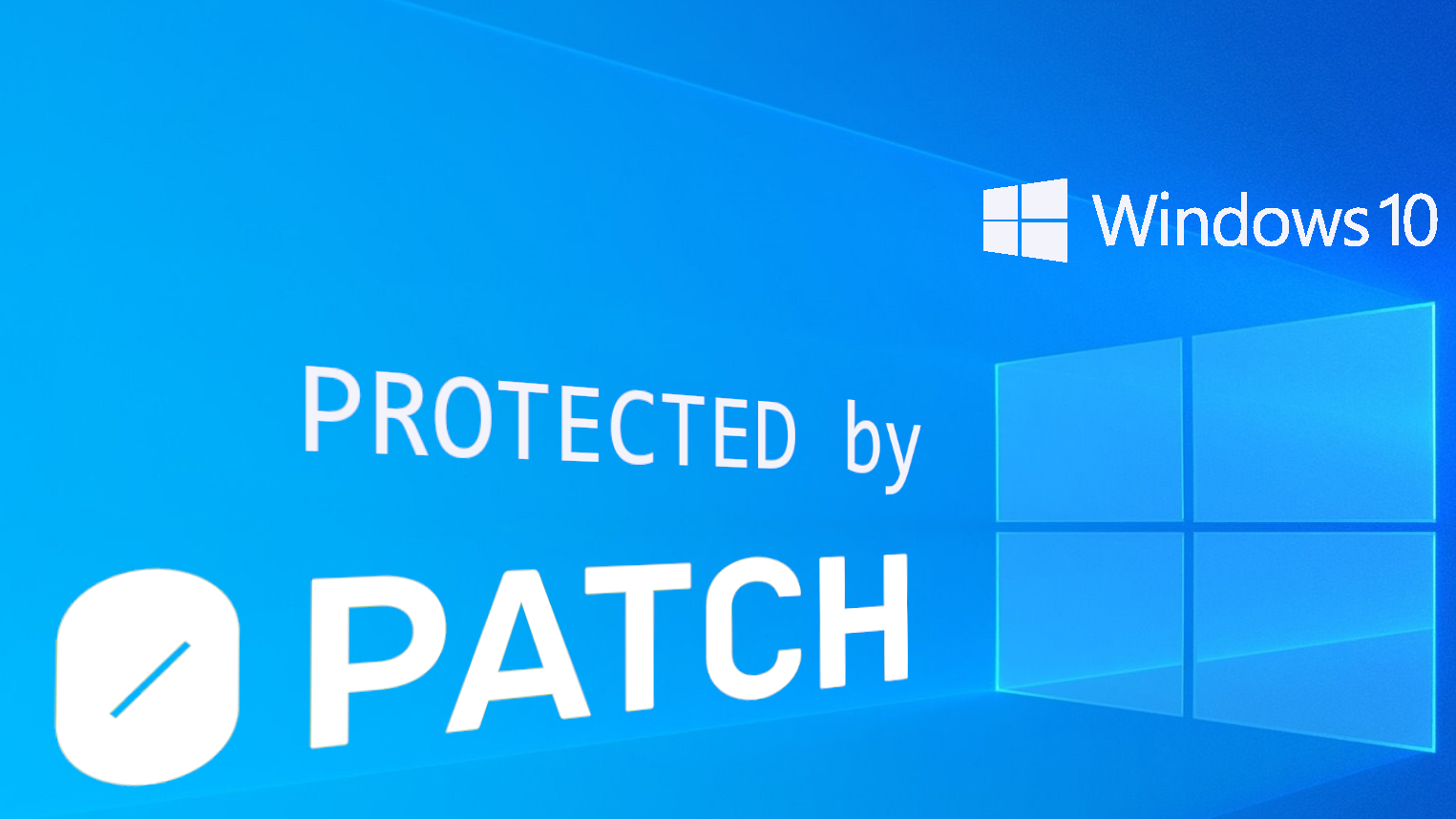
Windows 10 users not wanting to upgrade to Windows 11 or pay Microsoft an unclearly-priced Extended Security Update (ESU) subscription fee may be in luck— an alternative solution from "micropatch" provider 0Patch is available. It will be maintained until 2030 at least. Like ESU providing only security updates, 0Patch is a micropatch provider targeting multiple operating systems with faster security updates that can be applied directly to the OS without restarting, akin to the Hot Patching update for Windows 11.
Now, why 0Patch calls them micropatches is slightly unclear. These seem to be regular old patches, albeit not provided by Microsoft. Microsoft's security updates usually include the same improvements, if not more, but at a later date than 0Patch—and on a rare occasion, 0Patch even gets to point out mistakes in the official patch.
As cool as 0Patch is, it's hard to overlook that Microsoft is at least providing a similar service here in the form of ESU, and ESU may even have more comprehensive security coverage. However, ESU support for most Windows OSes seems to cap at around three extra years, and there's no Free tier in sight— 0Patch has promised to continue supporting Windows 10 until 2030 with Free and Pro (mostly paid, Pro) security patches.
We still don't know how much Microsoft's ESU program will be for mainstream consumers. Education customers seem to get it cheapest for as low as $7 for three years, while Enterprise organizations have to pay $427 for all three years of ESU, with each year getting more expensive. For business customers in particular, 0Patch's yearly subscription pricing models of €25 (~ $27) for the Pro version and €35 (~ $37) for the Enterprise version start looking fairly appealing versus ESU. Microsoft's mainstream ESU pricing had better be competitive when announced at this rate.
In any case, it's clear why solutions like this so quickly garner attention and popularity. By default, most people are opposed to unneeded changes to their hardware, and Windows 10 has maintained its OS market share lead over Windows 11 for about three years. Back in October 2023, Windows 10 held 71.64% market share— and in all the AI hype and new hardware since, Windows 10 has only dropped to 66.1% market share per StatCounter.







